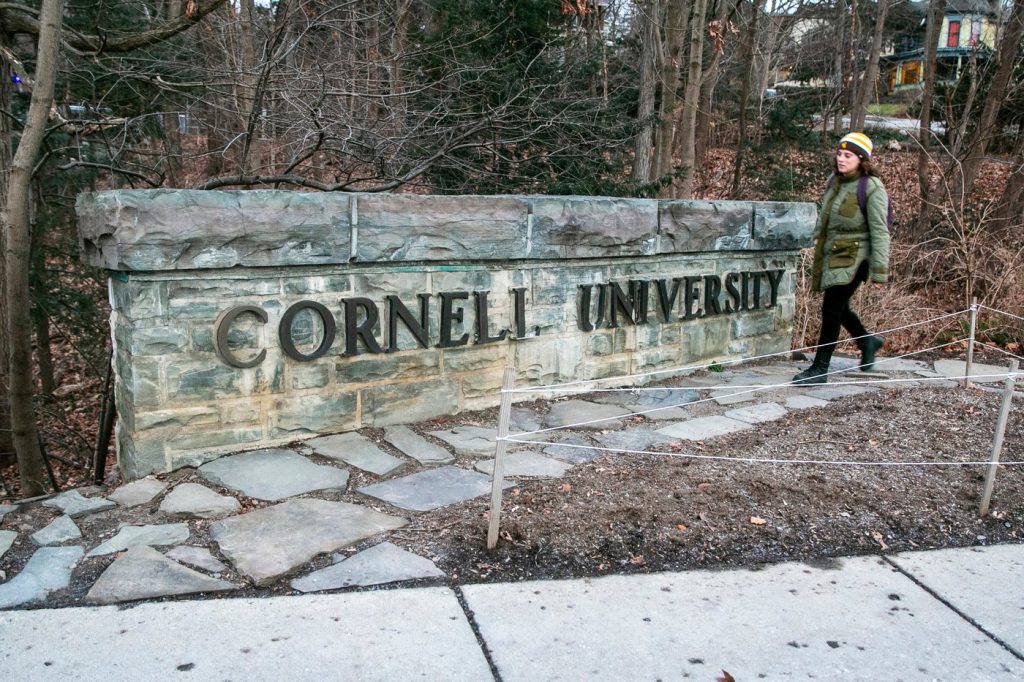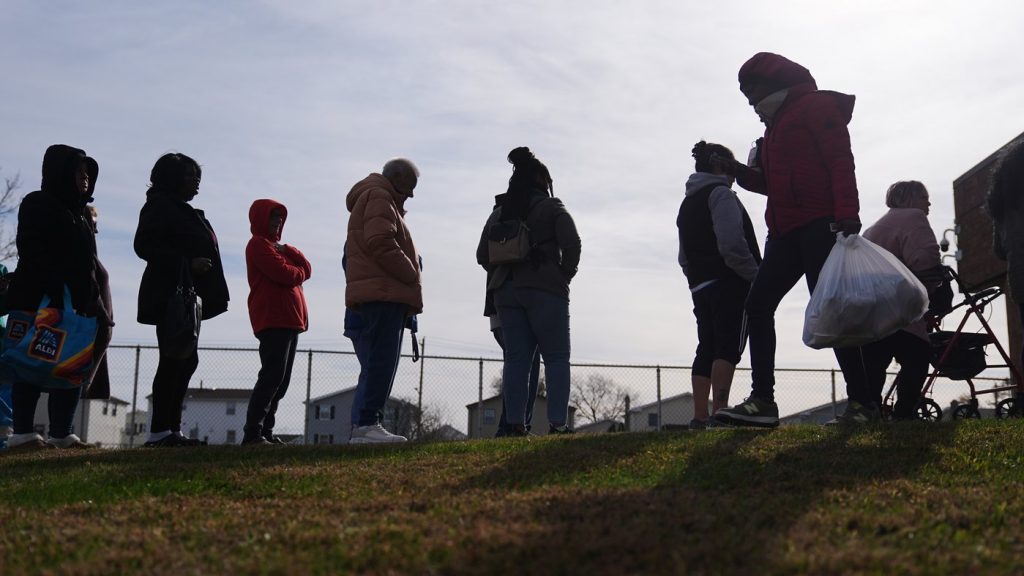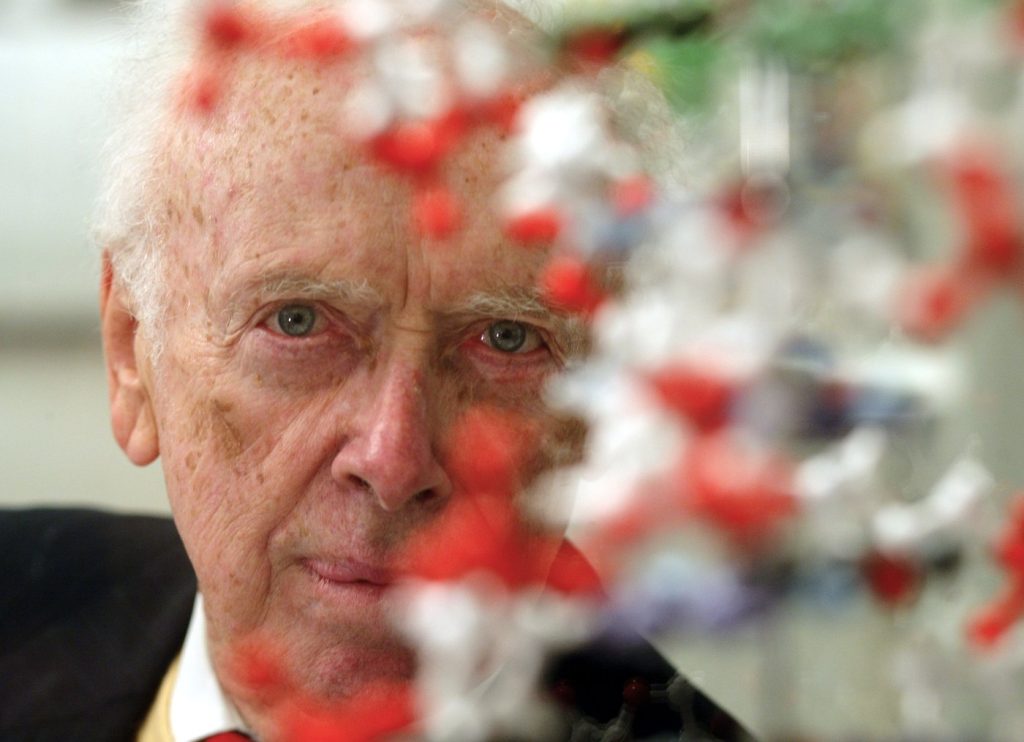Cornell University Reaches $60 Million Agreement with Trump Administration
Washington - Cornell University has reached an agreement to pay $60 million while adhering to the Trump administration’s interpretation of civil rights laws to restore federal funding and terminate investigations into the institution. President Michael Kotlikoff announced the terms on Friday, expressing that the deal not only safeguards the university's academic freedom but also restores over $250 million in research funding that had been withheld by the government due to ongoing inquiries into alleged civil rights violations.
Kotlikoff highlighted the impact of the funding freeze, stating it has disrupted research activities, affected careers, and threatened various academic programs. The financial arrangements in the agreement include $30 million paid directly to the U.S. government and an additional $30 million allocated for research initiatives to support American farmers.
This agreement is part of a series of deals that the Trump administration has struck with elite universities, which the President has accused of allowing antisemitism and promoting far-left ideologies. Notably, Trump continues to engage in a standoff with Harvard University, seeking to incentivize compliance with his political agenda through preferential federal funding for institutions that align with his policies.
Kotlikoff asserted that this agreement reinforces Cornell's relationship with the federal government while maintaining its commitment to the principles of academic freedom and institutional autonomy that have been pivotal to the university's excellence since its inception. The six-page agreement mirrors a previous deal made by the University of Virginia, yet it is deemed shorter and less stringent than agreements established by Columbia University and Brown University.
In response, the American Association of University Professors at Cornell expressed concern regarding the agreement, stating it omits several problematic provisions found in other universities' deals but nonetheless poses risks to academic freedom by exceeding legal requirements. Chapter president David Bateman commented on the potential implications of such agreements, suggesting that yielding to what is viewed as government extortion could inadvertently encourage future coercive actions by authorities.
The agreement mandates Cornell's compliance with the government’s interpretation of civil rights laws, particularly concerning antisemitism, racial discrimination, and transgender issues. Furthermore, a memorandum from the Justice Department instructing colleges to abandon diversity, equity, and inclusion initiatives, as well as transgender-friendly policies, will be employed as a training resource for Cornell's faculty and staff. Additionally, the university is required to provide comprehensive admissions data to confirm that race is not a consideration in admissions decisions, especially following a recent Supreme Court ruling that abolished affirmative action in college admissions.
Education Secretary Linda McMahon praised the agreement, labeling it a transformative commitment that prioritizes merit, rigor, and truth-seeking, while asserting that the reforms foster excellence in American higher education. Attorney General Pam Bondi reaffirmed the significance of compliance with federal civil rights laws, indicating that federal funding comes with the expectation of adherence to policies that prevent discrimination against students.
Moreover, Cornell’s president is obligated to verify adherence to the agreement on a quarterly basis, with the deal remaining effective until the end of 2028. The split arrangement on monetary payments to the government stands in contrast to other recent agreements, where payments have varied significantly in amount. For example, Columbia University agreed to pay $200 million, while Brown University settled at $50 million, and the University of Virginia's agreement did not include any payment to the government.
The investment toward agricultural initiatives over the next three years, focusing on incorporating artificial intelligence and robotics into programs aimed at reducing costs for American farmers, signifies Cornell's enduring connection to agricultural education and research, consistent with its foundation as a land-grant university.
Kotlikoff previously joined other university leaders in opposing what they labeled as “unprecedented government overreach and political interference” from the Trump administration. He reiterated that Cornell was not found to be in violation of federal law and emphasized that the agreement preserves the university’s independence, allowing it to define the conditions needed for academic advancement and knowledge creation.
However, the American Association of University Professors at Cornell raised alarms about various provisions, arguing that the agreement invites future federal interference and mandates data sharing that could compromise academic independence. They also denounced the $30 million payment to the U.S. government, terming it as “extortion plain and simple.”












